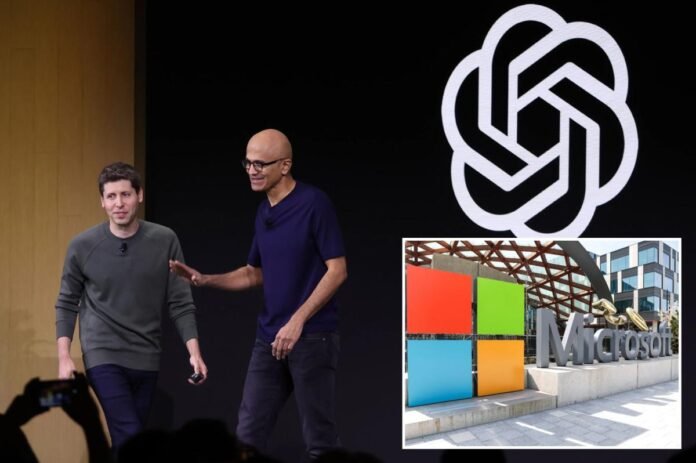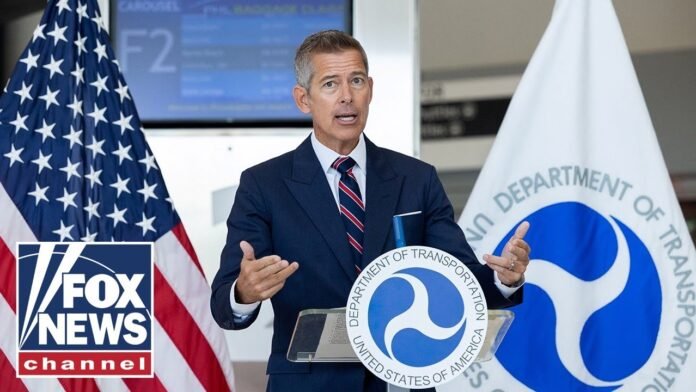Microsoft has just struck a new deal that lets OpenAI—the company behind the wildly popular ChatGPT chatbot—reshape itself into a public‑benefit corporation. The agreement values OpenAI at $500 billion and gives the AI start‑up more flexibility to raise money and grow its business.
The deal is a big break from a 2019 contract between the two companies. Back then, Microsoft took a rights‑to‑first‑refusal on most of OpenAI’s work in exchange for the cloud computing power the startup needed to train its models. As ChatGPT’s user base exploded, the arrangement put a hard limit on how much funding OpenAI could secure from outside investors, creating tension between the partners.
Under the new plan, the long‑time chief executive of OpenAI, Sam Altman, will not receive any equity in the reorganized company—reversing talks last year that he would. OpenAI also says it has no immediate plans to go public.
Microsoft will continue to own a 27% stake in the new OpenAI Group PBC, holding about $135 billion of the company. The nonprofit OpenAI Foundation will control the for‑profit arm, but Microsoft’s $13.8 billion investment is set to rack up nearly a ten‑fold return.
Microsoft shares climbed 2.5% on the news, pushing the tech giant’s market value above $4 trillion again.
The new arrangement keeps Microsoft and OpenAI closely tied until at least 2032. It locks in a massive cloud‑computing deal: OpenAI will buy $250 billion worth of Azure services, while Microsoft will no longer have a first‑refusal right to provide computing power. Microsoft also will not take ownership of hardware that OpenAI produces; for example, the company bought Jony Ive’s startup Io Products for $6.5 billion last year.
ChatGPT now serves more than 700 million users each week, making the joint venture the face of consumer AI worldwide. As the demand for advanced models continues to surge, the new structure is meant to simplify OpenAI’s corporate setup and pave a clearer path to future innovations, including the coveted goal of artificial general intelligence (AGI).
“OpenAI has completed a recapitalization that simplifies its corporate structure,” said Bret Taylor, board chair of the OpenAI Foundation. “The nonprofit remains in control of the for‑profit, giving it access to key resources before AGI occurs.”
Industry analysts say the deal lifts a longstanding barrier that has limited OpenAI’s ability to bring in outside capital and secure essential computing resources. Adam Sarhan, CEO of 50 Park Investments, noted that while transparency and safety oversight will remain under scrutiny, the new structure should help OpenAI innovate responsibly.
Gil Luria, head of technology research at DA Davidson, added that the agreement resolves the confusion around how a not‑for‑profit can manage a for‑profit while ensuring clear ownership of the technology. He believes the new model will open the door to further fundraising and growth.
In short, Microsoft’s strengthened partnership with OpenAI, backed by a $500 billion valuation and a 27% stake, is set to keep both companies at the heart of the AI race for the next decade.
Source: New York Post
Stay informed on all the latest news, real-time breaking news updates, and follow all the important headlines in world News on Latest NewsX. Follow us on social media Facebook, Twitter(X), Gettr and subscribe our Youtube Channel.



